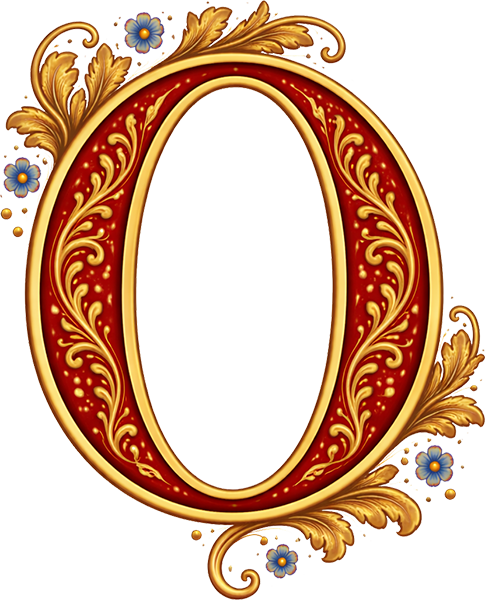The Feast of Ashes
 rvin sat at the head of the long, polished table, the golden
candelabras casting trembling light over the spread of meats and wine,
sugared fruits, and spiced bread. A hundred guests laughed and murmured
around him, their plates piled high, their goblets brimming with honeyed
wine. Outside the great hall, the hounds waited to be loosed, their evening
feast composed of whatever the guests could not finish.
rvin sat at the head of the long, polished table, the golden
candelabras casting trembling light over the spread of meats and wine,
sugared fruits, and spiced bread. A hundred guests laughed and murmured
around him, their plates piled high, their goblets brimming with honeyed
wine. Outside the great hall, the hounds waited to be loosed, their evening
feast composed of whatever the guests could not finish.
And beyond the hounds, in the dark, stood the beggars.
They gathered outside Orvin’s palace each evening, watching as the scraps were tossed to the animals, their hands empty, stomachs hollow. Orvin never concerned himself with them. He was a merchant, not a priest. If he was blessed with wealth, what was it to him that others were not?
But this night was different.
A man in tattered robes stood at the banquet hall’s threshold, holding nothing but a wooden bowl. His beard was streaked with gray, his eyes dark as ember-coals. He was silent, unmoving, until Orvin finally noticed him and scowled.
“This is a private feast,” Orvin said, waving him away. “Be gone.”
The stranger did not move. Instead, he lifted his bowl and smiled.
“You have eaten too well, merchant. Your appetite has been taken.”
A hush fell over the room. Then laughter — Orvin’s first, and then his guests.
Orvin smirked. “If only all curses were so sweet.”
The man did not reply. He only turned and left.
And so the feast continued, the guests toasting and gorging themselves well past midnight.
But Orvin did not eat. He could not. His appetite was gone. The scent of roasted lamb turned his stomach. The syrupy wine felt thick as mud. He chewed the finest of his delicacies, only to spit them out, for they were nothing but dust in his mouth.
By morning, he was ravenous — but he could eat nothing.
Three days passed, then seven, then ten. He grew weak, his mind clouded with dizziness. He summoned the finest physicians in the kingdom. They pried open his mouth, checked his pulse, searched for signs of illness — but found nothing.
“There is no cause for this,” one said, shaking his head.
But Orvin knew otherwise.
He sent men into the city to find the stranger, but none had seen him. Only after weeks of searching did Orvin himself, gaunt and weary, come across a beggar in the alleyways who whispered:
“I saw him. Near the ruins beyond the east gate.”
So Orvin went.
He found the man seated beside a ruined archway, a small fire burning before him.
Orvin staggered forward. “What have you done to me?”
The stranger lifted his head and smiled, as if he had expected him.
“You must learn what hunger truly is.”
Orvin’s fists clenched. “Tell me how to break this curse!”
“For one full cycle of the moon, you must live as one who hungers. Not just for bread, but for something deeper.”
Orvin frowned. “What does that mean?”
The stranger’s dark eyes glimmered.
“Choose a beggar. Trade places.”
Orvin recoiled. “That’s absurd! You expect me to give up everything?”
“You have already lost everything,” the man said simply. “You just don’t know it yet.”
Desperate, Orvin agreed.
He returned to his palace and called the beggars who had long waited outside its gates. He chose one at random: Elda, a frail woman with sunken cheeks and sharp, knowing eyes.
They exchanged garments — her rags for his silken robes.
Orvin stepped out into the streets with nothing.
Elda entered the palace as its mistress.
At first, Orvin expected misery.
Instead, he found something strange.
The poor shared what little they had. They laughed, even in the cold. He saw a mother giving her child all her bread — none for herself — and then she told her child a story to lull her to sleep.
Meanwhile, in the palace, Elda sat at the banquet table, the golden candelabras glimmering above her. Servants laid before her the finest delicacies. She took a bite of roasted meat. A sip of honeyed wine.
At first, the taste overwhelmed her — so rich, so full of spice and sweetness. But as she chewed, she found herself glancing toward the empty space beside her. Her old companions, the ones who had shared their meager meals with her, were not there. No one laughed with her over a simple crust of bread. No one swapped stories by the firelight.
She swallowed, but it felt hollow.
What was a feast without those who mattered?
The golden plates before her were full, but in some deeper way, she felt emptier than ever.
At the end of the moon’s cycle, Elda met Orvin in the same alley where they had traded places.
She held out his silken robes.
“Well?” she asked.
Orvin hesitated.
Behind him, the city streets pulsed with life. He had spent his nights beneath the stars, his days working as a laborer — something that felt real in his hands.
Ahead, the palace loomed, its golden doors standing open.
His name, his wealth, his power — all of it was waiting for him.
Orvin looked down at his own hands. For the first time in his life, they were empty.
(The story ends here. Or does it?)
—William Zeitler
2025 February 11
